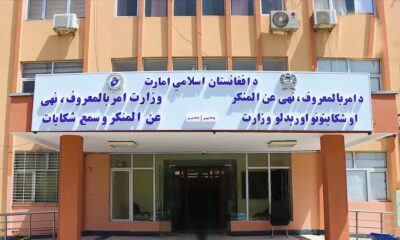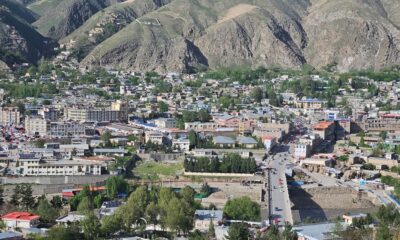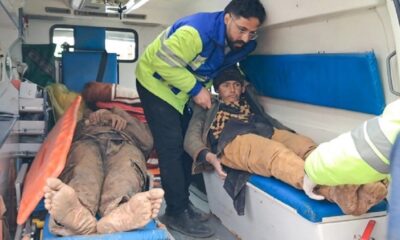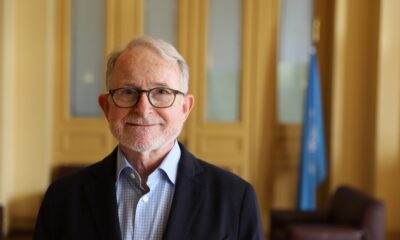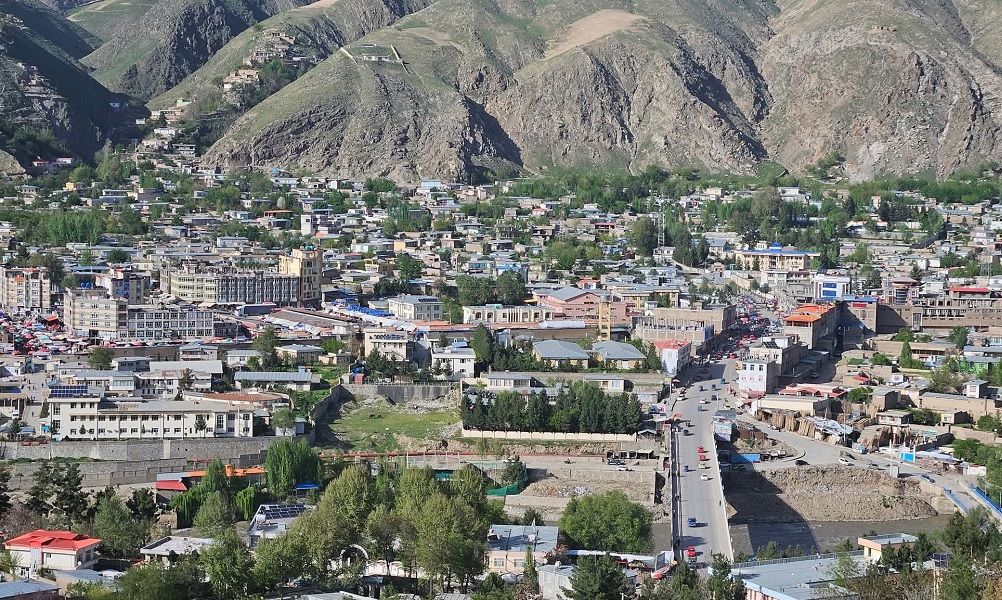Latest News
IEA calls for release of frozen assets to prevent economic, humanitarian catastrophe

Islamic Emirate of Afghanistan’s (IEA) Foreign Minister Amir Khan Muttaqi called for the release of the country’s frozen assets on Sunday saying it belongs to all Afghans and a humanitarian catastrophe will be prevented by freeing up the foreign reserves.
“We have told the US that we (United States and IEA) are no longer in conflict. We (IEA) have not made any problems for the US after the Doha deal, so why have you (US) frozen the assets? There is no reason. Taliban [individuals] will not benefit from the money, it is related to the country’s economy and to the people,” said Muttaqi.
Over $9 billion is being held by the U.S after Washington froze Afghanistan’s foreign reserves following the unexpected collapse of the former government.
Since then, the US and its allies have also imposed strict economic sanctions on Afghanistan, which has exacerbated an already struggling, aid dependent economy.
However, the US and its allies, along with the International Monetary Fund (IMF) said that the money will only be released once the IEA has formed an inclusive government, and ensures the rights of minorities, women and girls, and prevents terrorist organizations from planning or launching attacks against foreign countries from Afghanistan.
Economic analysts have also said that the country’s assets will not be released until such time as the IEA is recognized internationally as the legitimate government.
“The money will not be released, there are legal problems; it means that the [former] republic government that was a legal entity handed over the money to the World Bank and US. They (US and World Bank) will hand over the money once the [new] government is recognized. If this government is not recognized and not accepted to the United Nations, the money will stay frozen,” said Sayed Massoud, an economic analyst.
Afghan citizens have meanwhile called on the US and IEA to resolve the problems, adding that the main victims of the sanctions are the people.
“They (US) should talk with this government and should reach an agreement to put an end to the economic and humanitarian crisis,” said Quyyam, a Kabul resident.
“We call on the US and IEA to work to release the money, in order to bring an end to the people’s economic problems,” said Mohammad Zabair, another Kabul resident.
Last week, the IEA also sent a letter to the US Congress asking for the money to be released.
Latest News
Over 365 women-related cases resolved in past month: Virtue Ministry
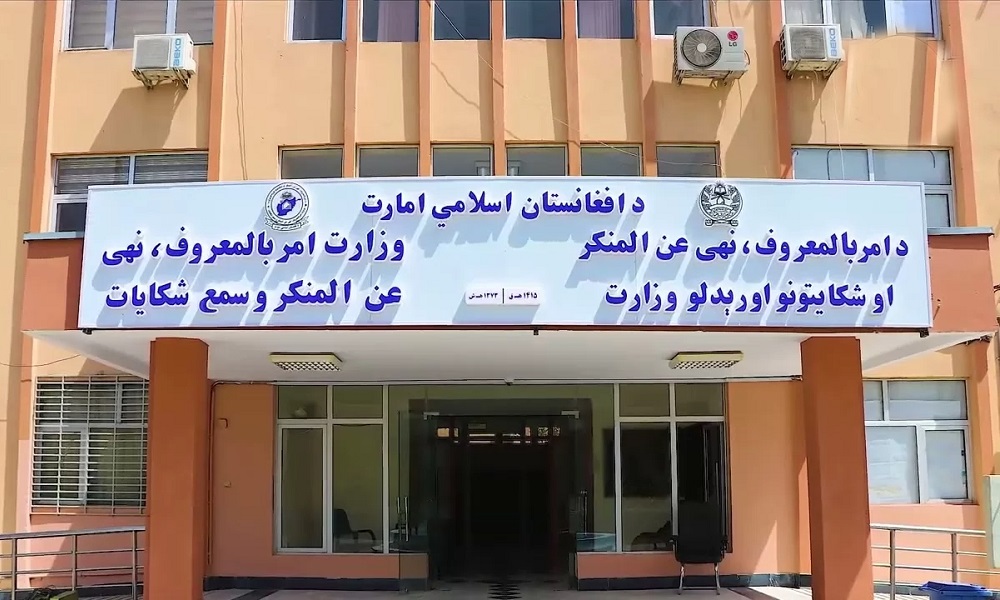
The Ministry for the Propagation of Virtue and Prevention of Vice (MPVPV) said in a statement that over the past month, it has handled 368 cases related to women’s religious rights.
According to the statement, the ministry also arrested 30 alleged sorcerers, resolved 175 cases of disputes and conflicts, held 743 meetings with traders, and conducted 1,304 reformative sessions with religious scholars and various segments of society.
Latest News
Five die as vehicle plunges into river in Badakhshan
Latest News
Moldova bans Afghan airlines over safety concerns

Moldova’s government has included Afghan airlines in its updated list of carriers banned or restricted from operating in the country, effective 19 February 2026, in line with EU aviation safety rules.
The order, signed by Deputy Prime Minister Vladimir Bolea, covers more than 200 airlines from around 20 countries, including Afghanistan, Russia, Iran, and North Korea. Most face a complete operating ban in Moldovan airspace and airports, while some have limited operational permissions, state news agency Moldpres reported.
The Civil Aviation Authority of Moldova will monitor compliance. The ban remains in place until Moldova joins the European Union.
-
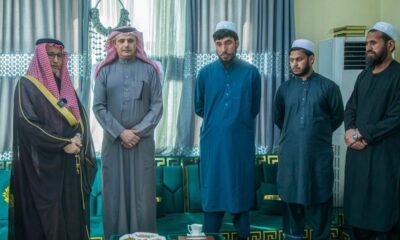
 Latest News4 days ago
Latest News4 days agoIEA releases three Pakistani soldiers to mark Ramadan
-
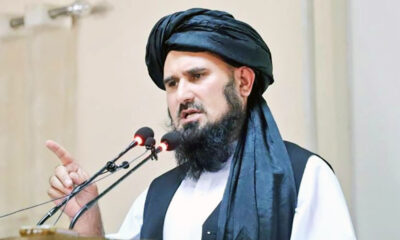
 Latest News4 days ago
Latest News4 days agoAfghanistan’s Chief of Armed Forces underscores readiness and equipment for national defense
-
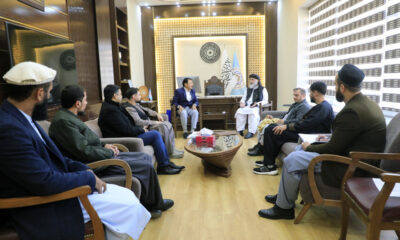
 Latest News3 days ago
Latest News3 days agoAfghanistan welcomes investment and technology partnerships with India
-
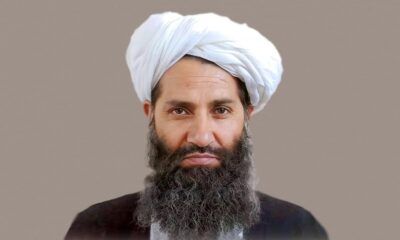
 Latest News4 days ago
Latest News4 days agoGrateful to Afghans and Ulama for obeying the Islamic Emirate, says Hibatullah Akhundzada
-

 Sport3 days ago
Sport3 days agoAfghan Peaks founder climbs Aconcagua to promote Afghanistan’s mountain potential
-

 Latest News2 days ago
Latest News2 days agoIndian customs seize Chinese walnuts falsely declared as Afghan
-

 Business3 days ago
Business3 days agoPakistan allows re-export of stranded Afghan transit cargo
-
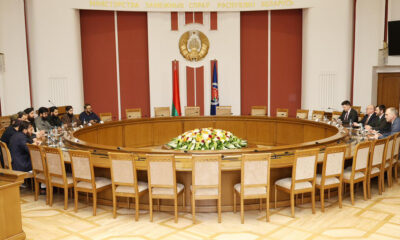
 Business5 days ago
Business5 days agoAfghan delegation visits Belarus to strengthen economic and industrial ties


